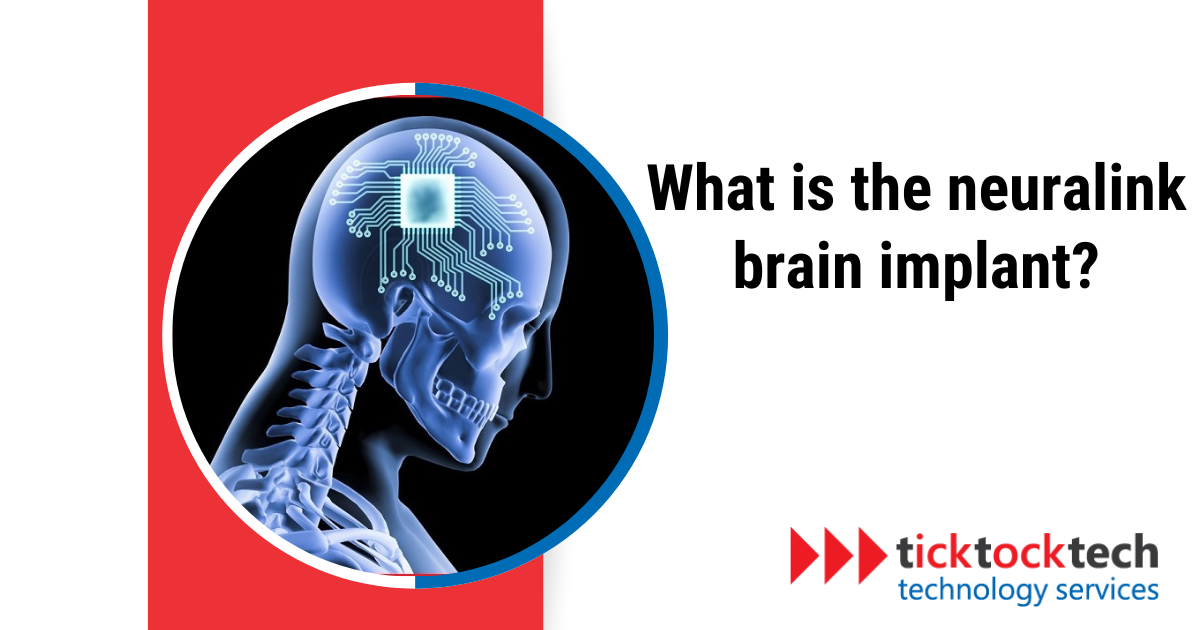Billionaire Elon Musk’s Neuralink has made history by implanting its wireless brain chip in a human for the first time. The company’s founder announced that the patient received the implant on Sunday, January 28, 2024, and is recovering well. Here’s what you need to know about Neuralink’s human testing.
What is Neuralink?
Neuralink is a tech company developing a device that connects human brains directly to computers, as explained by Ramses Alcaide, CEO of Neurable. Neurable is a neurotech company specializing in creating non-invasive brain-computer interfaces that take the form of headphones. Neuralink’s technology can record and decode neural signals, and then relay this information back to the brain using electrical stimulation.
The implant, known as “the Link,” is a coin-sized chip surgically placed under the skull. It receives information from neural threads that spread into brain sections controlling motor skills. Each wire contains sensors that record and emit electrical currents, which are so delicate that they require a neurosurgical robot for insertion. In addition, the company is also working on an app that would enable an individual to control a keyboard and mouse using only their mind.
According to Sumner Norman, a scientist at the nonprofit startup – Convergent Research and former chief brain-computer interface scientist at AE Studio, Neuralink is at the forefront of commercializing and scaling what has been pioneered in academia. He acknowledges Neuralink’s role in transforming academic breakthroughs into commercial products, despite the high costs involved in this technology.
How does Neuralink brain transplant work?
Neuralink’s technology works by detecting electrical signals in the brain, similar to electrophysiology. These signals are captured by sensors or electrodes that measure the change in voltage when neurons communicate. This allows the device to detect brain activity not just when we take action, but also when we think about taking action.
Similarly, brain signals can reveal whether a person’s eyes are open or closed, if they’re relaxed or in deep sleep, or if they’re focused or taking action. As these devices record complex data sets, machine learning algorithms and artificial intelligence algorithms are used to interpret specific actions or states.
Applications of Neuralink
Here are some potential applications of Neuralink’s technology:
1. Restoring Mobility
Brain-computer interfaces can help those with paralysis or amputations. They can control prosthetics or exoskeletons, gaining mobility and independence.
2. Treat Neurological Conditions
These interfaces monitor brain activity to spot signs of conditions. This includes epilepsy, bipolar disorder, obsessive-compulsive disorder, Alzheimer’s, and Parkinson’s disease.
3. Enhance Cognitive Abilities
Neuralink can improve focus, memory, and attention. It uses real-time biofeedback and other techniques. Musk likens the Link to a “Fitbit in your skull,” complete with sensors found in smartwatches.
4. Improve Communication
Neuralink aims to help those unable to speak or write. They could control a virtual mouse or keyboard. For example, a person with paraplegia might use speech or text synthesis for web browsing or digital art creation.
What is the human trial phase of Neuralink?
The human trial stage of Neuralink focuses on evaluating the device’s safety and performance. On X, Elon Musk revealed that early findings indicate effective neuron spike detection, highlighting the ability of neurons to communicate through electrical and chemical signals. This neural communication is essential for daily activities, from eating to speaking. Neuralink began seeking trial participants with spinal cord conditions in September 2023, targeting those affected by disorders in a crucial part of the nervous system.
Has Neuralink brain implant received FDA approval?
Yes. Neuralink confirmed on May 25, 2023, on X that the U.S. Food and Drug Administration has approved its clinical trial for humans.
What testing has Neuralink carried out in the past?
Neuralink has tested its chip on animals, such as monkeys and pigs. Demonstrations included monkeys interacting with simple video games or manipulating a cursor via the Neuralink implants. While Neuralink claims there were no fatalities among the monkeys due to the implants, there have been instances reported where monkeys experienced complications, including paralysis, seizures, and swelling of the brain, associated with the implants.
Ethical concerns around Neuralink brain transplant
Neuralink’s brain chip experimentation on animals and potential risks associated with brain surgery, such as brain hemorrhage or seizures, has raised ethical concerns. Musk’s vision of implants also raises privacy and surveillance concerns, as users’ ability to retain control of their personal data and neural activity is unclear. Earlier this year, Neuralink was fined by the US Department of Transportation for failing to register itself as a transporter of hazardous material, specifically implants from the brains of primates.

